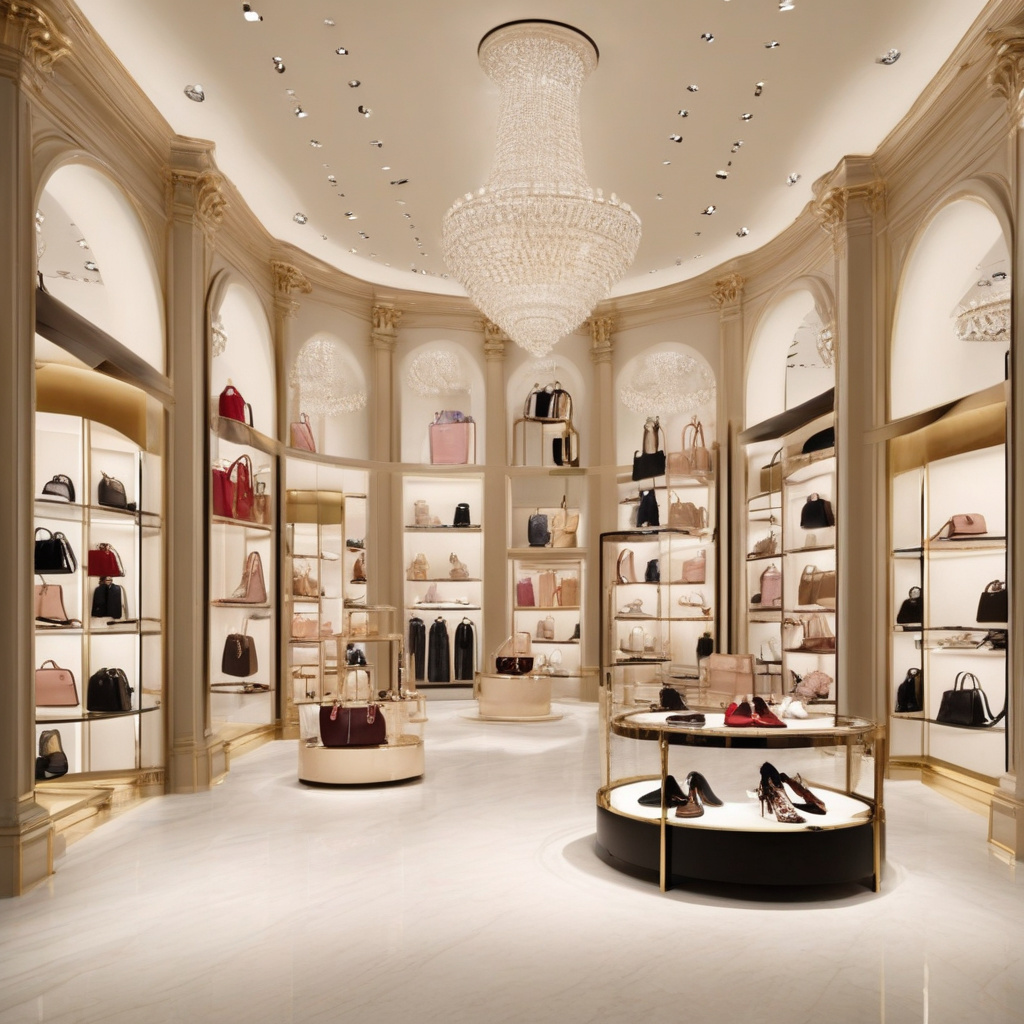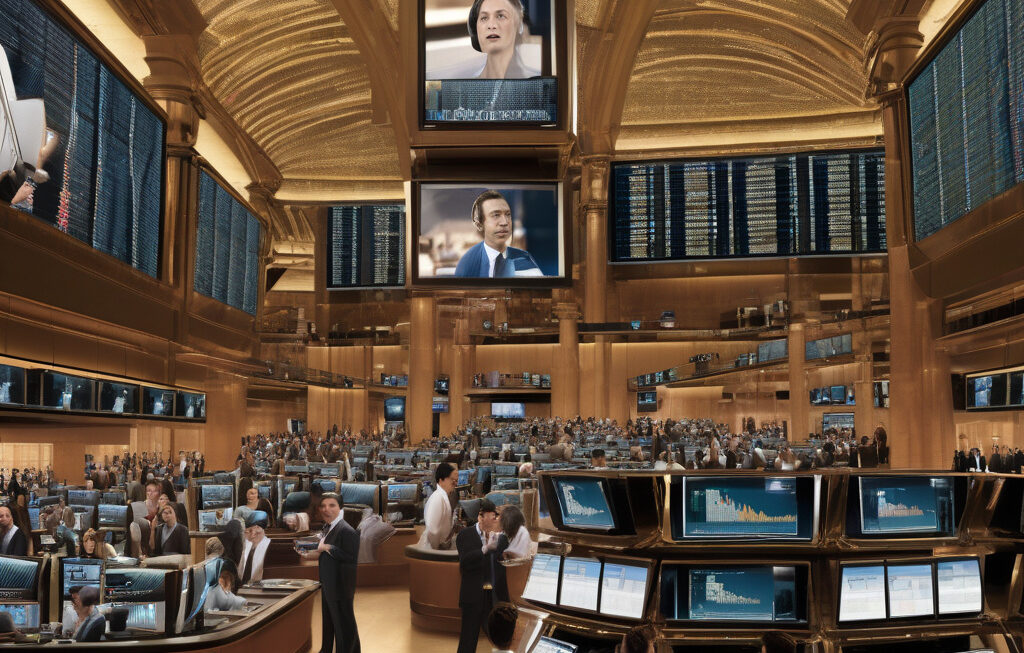Luxury Crosses Fingers for a Rebound
In the realm of luxury goods, hope can sometimes be the most valuable currency. The recent surge in LVMH’s results and the subsequent share price rally have sparked optimism in the industry, hinting at a potential rebound on the horizon. However, it’s essential to approach these developments with a cautious eye, as they may signify more of a wishful thinking rather than a concrete resurgence.
LVMH, the French multinational luxury goods conglomerate, serves as a bellwether for the entire luxury sector. Its recent financial performance has shown glimpses of recovery, prompting investors to react positively. The surge in share prices following the release of its results indicates a collective sigh of relief among stakeholders who have been eagerly awaiting signs of an upturn in the industry.
Imran Amed, a renowned voice in the world of luxury business, points out that these developments should be taken with a grain of salt. While the uptick in LVMH’s performance is undoubtedly a positive sign, it’s crucial to recognize that it may be driven more by optimism and speculation than concrete evidence of a full-fledged rebound. The luxury market is known for its resilience, but it also thrives on perception and consumer sentiment, both of which can be fickle and subject to change.
The COVID-19 pandemic has significantly impacted the luxury sector, forcing brands to adapt to new consumer behaviors and market dynamics. The shift towards online shopping, the rise of conscious consumerism, and the changing definitions of luxury have all presented challenges and opportunities for luxury brands. In this ever-evolving landscape, agility and innovation are key to survival and success.
Luxury brands that have embraced digital transformation and sustainability have fared better during these uncertain times. Companies that have leveraged technology to enhance the customer experience, streamline operations, and tell compelling brand stories have been able to connect with consumers on a deeper level. Similarly, brands that have prioritized sustainability, ethical practices, and social responsibility have resonated with a new generation of conscious consumers who value authenticity and transparency.
As the luxury sector navigates the complexities of a post-pandemic world, collaboration and creativity will be crucial for driving growth and relevance. Partnerships between luxury brands and technology companies can lead to groundbreaking innovations that redefine the luxury experience. For example, the collaboration between Louis Vuitton and Google on a smartwatch that seamlessly blends luxury craftsmanship with cutting-edge technology exemplifies the potential of such partnerships.
In conclusion, while the recent uptick in LVMH’s results may signal a glimmer of hope for the luxury sector, it’s essential to approach these developments with a critical mindset. The industry is facing unprecedented challenges and opportunities that require agility, innovation, and a deep understanding of evolving consumer preferences. By staying attuned to market dynamics, embracing digital transformation, and fostering creativity and collaboration, luxury brands can position themselves for long-term success in a rapidly changing world.
luxury, rebound, LVMH, innovation, resilience












